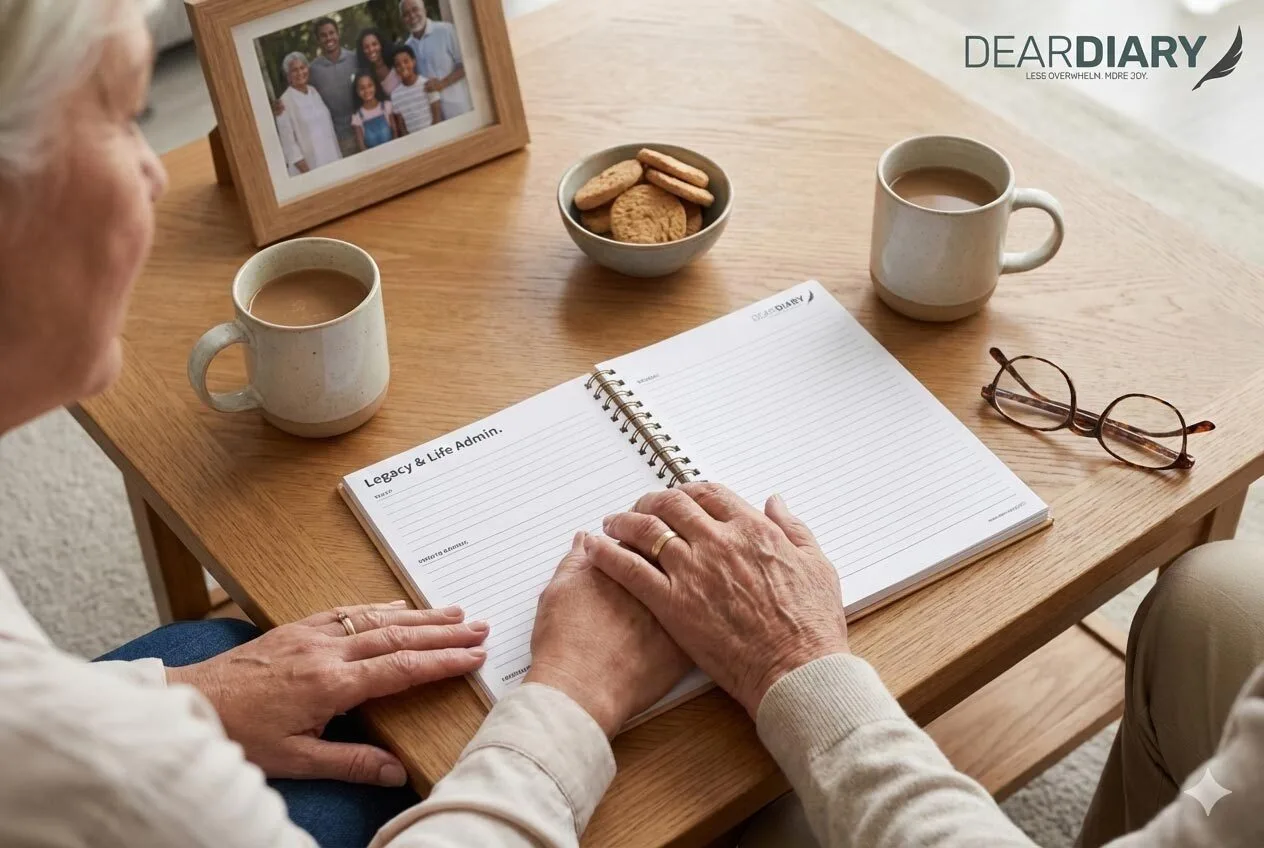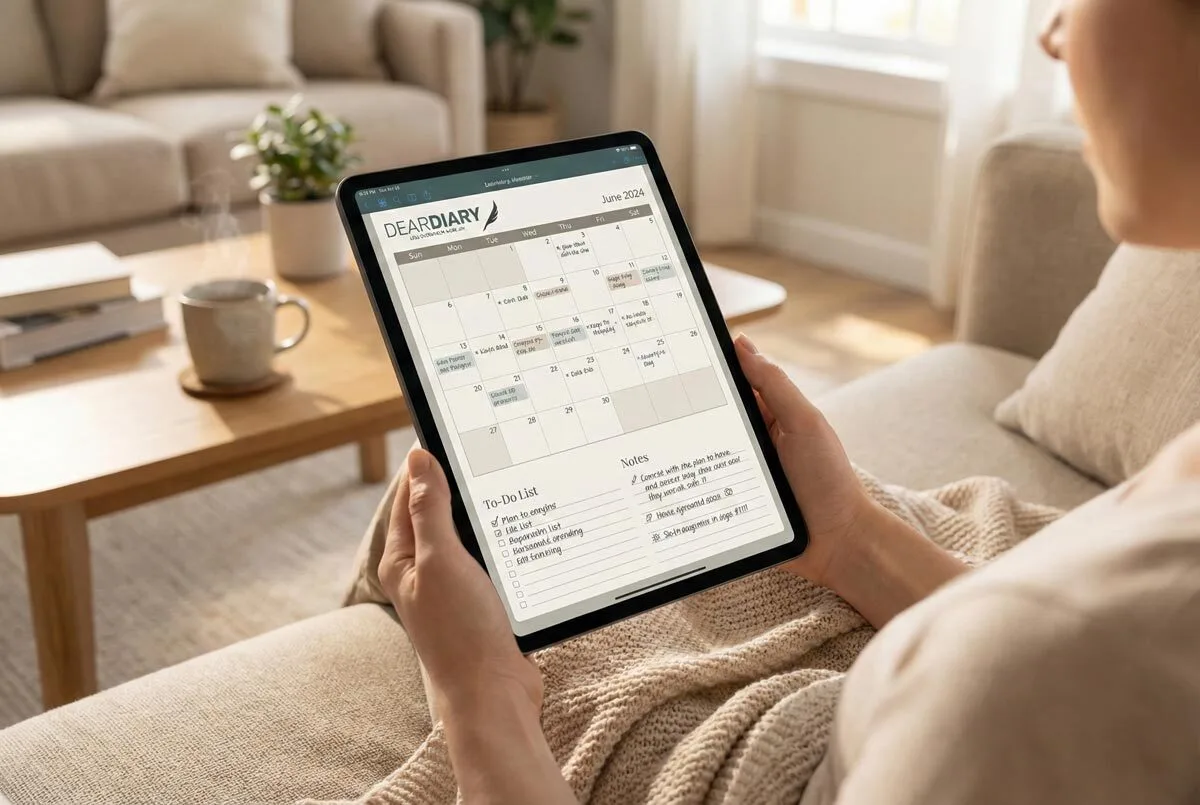You don’t need hours for effective self-care—just 30 minutes daily works. Start with micro-habits like stretching whilst your coffee brews, taking stairs instead of lifts, or using lunch breaks for actual relaxation. Schedule self-care like important meetings and track habits for consistency. Free options include walking, proper hydration, and mindful eating. With 86% finding self-care effective against burnout, these small changes compound into significant wellness improvements that’ll change your entire approach.
While juggling endless responsibilities from work deadlines to family obligations, you probably tell yourself you’ll focus on self-care “when things slow down” – but here’s the reality check: things rarely slow down on their own. The truth? Only 35% of women practise self-care consistently, while 62% do it sporadically when life permits.
Things rarely slow down on their own – stop waiting for the perfect moment to prioritise your wellbeing.
You don’t need hours of spa time or expensive treatments to prioritise your wellbeing. Start with just 16 hours per month – that’s roughly 30 minutes daily.
Before you panic about finding that time, consider this: you’re already doing many activities that can double as self-care. Revamp your daily shower into a mini-retreat by playing calming music or using aromatherapy products. Turn your water bottle into a mindfulness tool by taking three deep breaths before each sip during work hours.
The biggest obstacles aren’t actually time-related. Forty per cent of women struggle to find time, but guilt often plays the bigger villain here.
You’ve been conditioned to view self-care as luxury rather than necessity, leading to that nagging feeling that you’re being selfish. Stop that nonsense right now. Your physical and mental health directly impact everyone depending on you. Research shows that 86% of people find self-care effective in fighting the exhaustion and overwhelm of burnout.
Many women reduce self-care activities due to financial constraints. Walking offers incredible benefits without any expense. Neither does proper hydration, strategic napping, or five-minute stretching sessions.
Use your company’s wellness programmes and mental health days – you’re literally paying for these benefits through reduced salary.
Micro-moments work better than marathon sessions anyway. Schedule self-care like you’d schedule important meetings because, frankly, it’s important. Add “posture check” notifications to your phone.
Batch small habits together: whilst your coffee brews, do neck rolls and practise gratitude. During your commute, listen to music that lifts your mood instead of stress-inducing news. Consider using habit tracking systems to monitor your progress and maintain consistency across multiple wellness goals.
Physical health integration requires zero extra time. Walk whilst running errands. Practise mindful eating during lunch breaks.
Take stairs instead of lifts. These aren’t innovative concepts, but they’re effective because they work within your existing schedule rather than against it. Breathing exercises during short work breaks can restore your mental clarity and reduce accumulated stress.
With 57% of women reporting burnout that impacts both home and work life, limits become non-negotiable. Delegate tasks that others can reasonably handle.
Say no to commitments that drain rather than invigorate you. Use your lunch break for actual breaks instead of additional work.
Prevention beats cure every time. Schedule health screenings consistently through your medical aid or local clinic. Track symptoms before they become problems.
Educate yourself on disease prevention through reputable sources like the Department of Health.
Accept imperfect execution from the start. Some days you’ll nail your routine; others you’ll manage basic hydration and call it victory. Both count.
The goal isn’t Instagram-worthy self-care moments – it’s sustainable habits that support your long-term wellbeing without adding stress to your already full plate. With 92% of Americans engaging in weekly self-care, you’re joining a majority who recognise the importance of consistent wellness practices. Remember that taking a relaxing bubble bath can be one of the most accessible self-care activities that 50% of people already associate with nurturing themselves.
Frequently Asked Questions
How Much Time Should I Dedicate to Self-Care Daily?
You should aim for 30 minutes daily, though even 15 minutes works if you’re pressed for time. Start with micro-practices of 2-5 minutes, then gradually build up to longer sessions as your schedule allows.
What if I Feel Guilty Taking Time for Myself?
You’re not alone – 71% of mothers feel guilty about self-care. Remember that taking care of yourself isn’t selfish; it’s essential. You can’t pour from an empty cup, so prioritise your well-being guilt-free.
Can Self-Care Habits Be Maintained During Stressful Periods?
You’ll find self-care habits easier to maintain during stress through selecting micro-practices like deep breathing or five-minute walks. Start small, use apps for notifications, and remember that consistency matters more than duration.
How Do I Explain My Self-Care Needs to Family Members?
Use direct language when communicating your needs: “I need thirty minutes alone each evening to recharge.” Frame it as family investment—explaining that self-care helps you better support everyone’s needs consistently.
What’s the Difference Between Self-Care and Being Selfish?
Self-care replenishes you to better support others, whilst selfishness only serves your immediate wants. You’re practising self-care when you’re maintaining your health and energy to fulfil your responsibilities effectively.






